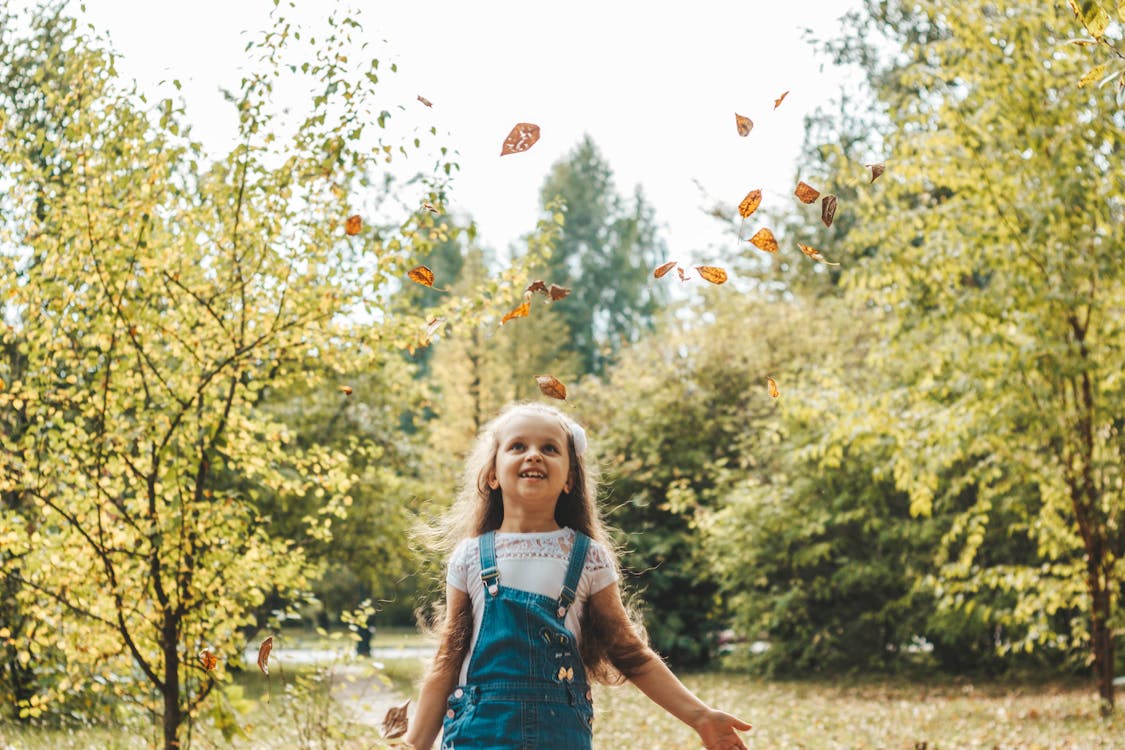 I want to talk about the importance of not shaming our children. I’m all too aware that it’s a tricky topic to engage with without feeling shame around causing our child to feel shame! If we’re to collectively break the shame cycle, the shame minefield needs to be tackled!
I want to talk about the importance of not shaming our children. I’m all too aware that it’s a tricky topic to engage with without feeling shame around causing our child to feel shame! If we’re to collectively break the shame cycle, the shame minefield needs to be tackled!
Ultimately we all want to raise children who truly can stand tall, feeling confident to be themselves and express their thoughts and feelings. We want our children to continue to believe in themselves despite the constant challenges of this world. But equally important, children who are not burdened by shame are more able to identify and take ownership of any mistakes or wrongdoings they’ve made that need to be repaired.
Shame leads to diminished self-esteem
When children feel ashamed of their actions, they all too easily start to feel ashamed of who they are.
A child feeling shame can lead to a range of unhealthy behaviours including:
- Lower self-esteem and negative self-talk or potentially over time, they can even lose belief in themselves.
- Manifestation of aggression.
- Not having the confidence to hold boundaries.
- Developing a false persona, hence appearing overly confident to hide feeling inferior.
- Being overly competitive, and struggling to cope with not winning.
- A lack of motivation to succeed.
- Anxiety-based shyness (different from being naturally introverted). Inhibiting them from a range of activities and projects.
- Loss of motivation to cooperate and engage with their parent’s requests and guidance.
- Lack of consideration towards others.
- Bigger problems again in the teenage years. Including vulnerability to peer pressure, addictions or other self-harming habits, and suicidality.
To summarise, shame can cause a child to have a conflicted relationship with themselves. As well as difficulties in their relationships with parents, siblings, teachers, friends and relatives.
Shamed kids often bully or become vulnerable prey to those who bully
Adults shaming their child, or shaming another in front of their child, gives ample permission to children to mistreat or talk down to others. When a child carries shame, they are at a dramatically higher risk of mistreating others. If they’re being mistreated themselves, they are likely to be unable to access help.
Shame leads to aggression. Aggression leads to shame. Let’s break the cycle by committing to not shame. No matter what the child does, they deserve for their dignity to be preserved.
You may also like to read Aggression – why children lash out and what to do
Why do parents and teachers so often talk to kids in a shaming way?
Parents often simply wish to make the child feel ashamed of the behaviour being discouraged. Believing that deterring them in this way is the way forward. Without examining the more subtle effects, it’s easy to believe that the end justifies the means. Especially when an approach has been modelled by people the parent or teacher themselves looked up to or saw as an authority. But sadly the result of shaming tends to be the child feeling ashamed of themselves. Parents ineffectively try to encourage self-respect, self-care and self-discipline with comments like “Have you no shame? How could you act like that/dress like that/talk like that?”.
Instead of aiming to shame kids into acting the way the adults believe they should act, it’s our role to treat children kindly and respectfully so that they foster feelings of self-respect. The reality is that it’s instilling a negative self-image and leads to lots of yucky feelings which (if not released and resolved) continue to drive unhealthy behaviour. Shame leads to children being overly dependent on the approval of others. This is because disapproval touches on the painful shame they carry. When kids feel heard and respected by their parents or teacher, the adult has a huge amount of influence. This will help kids to expand their thinking and explore what might have or would worked better.
You may also like to read Setting limits with love
Shamed people tend to shame people – until feelings of shame are addressed
There may be the odd exception, but I’m going to generalise and say we all grew up in environments where there was the omnipresent threat of being shamed. We were shamed for not getting it right, not working hard enough, not being clean and tidy enough, not doing well enough in school, or indeed doing “too well” for which you may have been accused of “getting ahead of yourself” or causing a sibling to feel insecure. You may have been warned to “not let it go to your head” if you succeeded, yet chastised when you failed.
Most adults were shamed for eating too much or not enough, for being too skinny or too fat, being too shy or too boisterous. For making a mistake, crying, being too emotional or too optimistic. We felt disdain from parents, teachers, relatives, and society in general when we didn’t conform to all the rules, regardless of whether those rules aligned with our values.
Shame erodes one’s sense of self. Yet just as sad is the absence of empathy, compassion, reassurance, and space to express our feelings through all of life’s ups and downs. Is it any wonder that most adults have deeply held beliefs that they’re not good enough? Many additionally grew up in religious communities that also hold the fundamental premise that good behaviour can only be achieved by fearing punishment. Once again this instils much toxic shame!
To prevent or remedy your child carrying feelings of shame, you can commit to a shame-free environment at home
When one child shames the other, adopt the approach of mediating instead of shaming. In holding a limit, do it in a way that continues to show care for their disappointments and frustrations. When you need to express concerns about problematic behaviour or patterns, use I statements to model ownership of your feelings and avoid character assaults. This isn’t a how-to article. It’s more about increasing your awareness of these patterns to help decrease the risks of inadvertently causing shame. As well as offering some compassionate validation for the wounding of shaming that you likely gained in childhood. Maybe just start with my Stress Relief for Parents tracks, it offers so much more than stress release (which can’t be underestimated), and you’ll feel like I’m supporting you to learn to be kind to yourself.
Members: In this video Genevieve discusses how to help children turn around their inner self-critic, the negative self-talk like “I’m an idiot”, “I’m stupid”.
Also how to resolve the issue of children taking their frustrations out on their sibling, name calling “you’re stupid”, “you’re an idiot”, and otherwise being verbally aggressive. Watch Now.Learn more about our products for sale.
Peaceful parenting connection-based approaches, on the other hand, result in children feeling good about themselves
When a child feels at peace in themselves, they’re motivated to treat others well because they naturally enjoy positive relationships with other people. When children are free from shame, they’re also free to hold boundaries and stand up for what they believe in. Resilience is ultimately about maintaining a positive relationship with yourself. Hence doing what needs to be done to bounce back even when painful experiences happen in life.
To protect our children from becoming shamed
We need to be able to notice when it’s happening, then either intervene to advocate for our child, or express our regret and repair their dignity if we did the shaming. Adults saying or doing the things that shame a child mostly happens unconsciously as a result of the adult being desensitised to shame when they were young. To become sensitive to how we’re affecting our child emotionally, it helps to become more aware of how it felt for us on the receiving end of insensitive treatment as children. The tracks of my Stress Relief for Parents CD were recorded with the intention to support parents through this journey.
“A person with internalized shame believes he is inherently flawed, inferior and defective. Such a feeling is so painful that defending scripts (or strategies) are developed to cover it up. These scripts are the roots of violence, criminality, war and all forms of addiction.” ― Healing the Shame that Binds You
As a counsellor, I live in the world of helping parents heal from debilitating shame
Much of my work is helping people uncover deeply embedded unconscious beliefs. Beliefs gained from the messages from their family of origin that result in them continuing to repeat unwanted patterns. Including addictions, self-harm, and suicidality. The more shame a person holds, the harder it is to get help with the problems the shame creates because shame by its very nature causes people to want to hide those parts of themselves. Shame-based negative beliefs (like “there’s something wrong with me”, “I’m so messed up”, and “everybody else is succeeding but I’m failing”) can be changed. When they are identified as being expressions of feelings of shame and those feelings are shared with a compassionate caring support person.
Ultimately, we need to give ourselves empathy and loving acceptance of the painful feelings that we needed as children. True self-care and self-respect drive the journey of learning to create healthier relationships with others where we can feel seen, loved and accepted for who we are. And when we no longer try to please the people who would more likely shame us than be real and vulnerable with us.
Alice Miller wrote: “As a therapist I know that we can free ourselves from inherited patterns if we can find someone to believe us and stand by us, someone who instead of moralizing wants to help us live with the truth.” To be this person for our child, we need to find at least one such person in our lives.
It’s easier to prevent the shaming that leads to destructive behaviours than to change it all in adulthood
Much of this very deep therapeutic work with clients over the last 27 years or so continues to motivate me. Plus my own decades-long journey of uncovering and healing the impacts of my own childhood abuse. I am motivated to help parents understand how much power they hold to instil self-love or shame. None of us can completely break generations of negative patterns of relating in one generation, but we can go a long way to pointing our emotional generational line in a different direction. The more we work on this, the more our children will help us by showing us when we’re off track!
Becoming more aware of how vulnerable children are to feel shame and the negative impacts greatly motivates us adults to avoid shaming our children, to protect them from shaming from others and to repair any shaming that’s happened in the past.
Did you as a child experience shaming?
What form did it tend to take? Were you sometimes on the receiving end of ridicule, sarcasm, and mocking? Perhaps you were compared with a sibling or other children? Did parents or teachers subject you to moralizing lectures; “You should know better”? Most parents grew up in a family where parents said: “Look at the state of this place, you should be ashamed of yourself”. Of course, that word doesn’t even need to be spoken. Disdain gets expressed through facial expressions, body language and tone of voice.
Social media can take public shaming to the next level
Some children experience shaming in the form of betrayal when they share something personal. This then either gets shared without their permission or gets later held against them. Sometimes parents talk about their child to others in a way that makes the child squirm. Or parents chastise, talk down to or otherwise criticize their child in front of others. The child feels humiliated as a result. Sadly in more extreme cases, parents use the power of social media as a way of creating intense levels of public shaming, which can be very traumatic. When you were a child, were you openly belittled or were there adult jokes at your expense? Or many children, experience a lot of mocking, shaming, name calling and humiliation from siblings.
Much of the shaming children experience happens in the name of humour. Often humour between adults at a child’s expense or exposing children to confusing adult themes that can erode their innocence leading to shame.
Did you experience sexualized looks, comments, insinuations or touch?
Did that make you feel confused and ashamed? Maybe that caused you to carry secrets that no child should ever have to carry. One of the most toxic forms of shaming for a child, of course, is sexual abuse.
My Body Belongs to Me
To learn more about empowering your child to have a healthy body image and to grow up feeling empowered with healthy boundaries to protect themselves from invasive, sexualizing or labelling language or touch. (Read the full article)
Did an adult touch you roughly? Maybe grab your arm gruffly, pull your hair, pinch you, tickle you against your will?
May they hit you, even on the buttocks or the back of the thighs. A child being physically hurt by an adult always has some element of shame attached to it. T he shaming impact is even greater when a child is hit on their thighs or buttocks. When this happens it’s invariably a reenactment from the parent’s own childhood. It’s a complete and utter invasion of the child’s bodily boundaries. As tragic as it is that children ever get hit, to be physically violated in such a private part of their body so close to their genitals has a devastating effect. As an adult, it will take a lot of work to undo this. That is if they are lucky enough to discover the wounding impact before being at risk of passing it on to their child.
We can’t completely protect our children from being shamed
But we can help them know that it’s not ok. When kids know that shaming isn’t ok, they will more likely put up a boundary when they feel shamed and much more likely to have the confidence to seek help when needed. Parents greatly empower their children by making it safe for them to put up a boundary. This boundary is put up with their parent when the child is upset by how they are being related to. A child may tell their parent “Hey that’s not ok”, or “You can’t say that to me” or “That makes me feel bad about myself when you say that”. This gives the parent an opportunity to restore their child’s dignity by owning and repairing what has happened.
To protect our children from shame, we need to face and resolve the shame we carry
Exploring how you felt as a child greatly helps to resolve and cleanse shame from your system. Whilst shining light on how shaming negatively impacts children in general.
You might also like to read:
Repairing the connection after conflict with your child which is also relevant in helping our child repair from conflicts with others.
Keeping the lines of communication open with your child which includes the messages that we need to avoid giving to our child.
Everyone deserves to feel truly at peace with themselves This is a story about when my son was 9 and experienced shaming from a teacher
My Body Belongs to Me. Learn about the subtle ways that parents and relatives can cause children to be more vulnerable to both being sexually abused and being less likely to report it if it does happen.
Genevieve Simperingham is a Psychosynthesis Counsellor, a Parenting Instructor and coach, public speaker, human rights advocate, writer and the founder of The Peaceful Parent Institute. Check out her articles, Peaceful Parenting eCourses, forums and one-year Peaceful Parenting Instructor Training through this website or join over 90,000 followers on her Facebook page The Way of the Peaceful Parent.

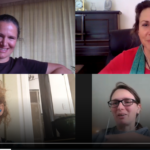
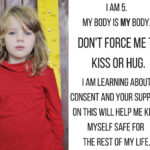

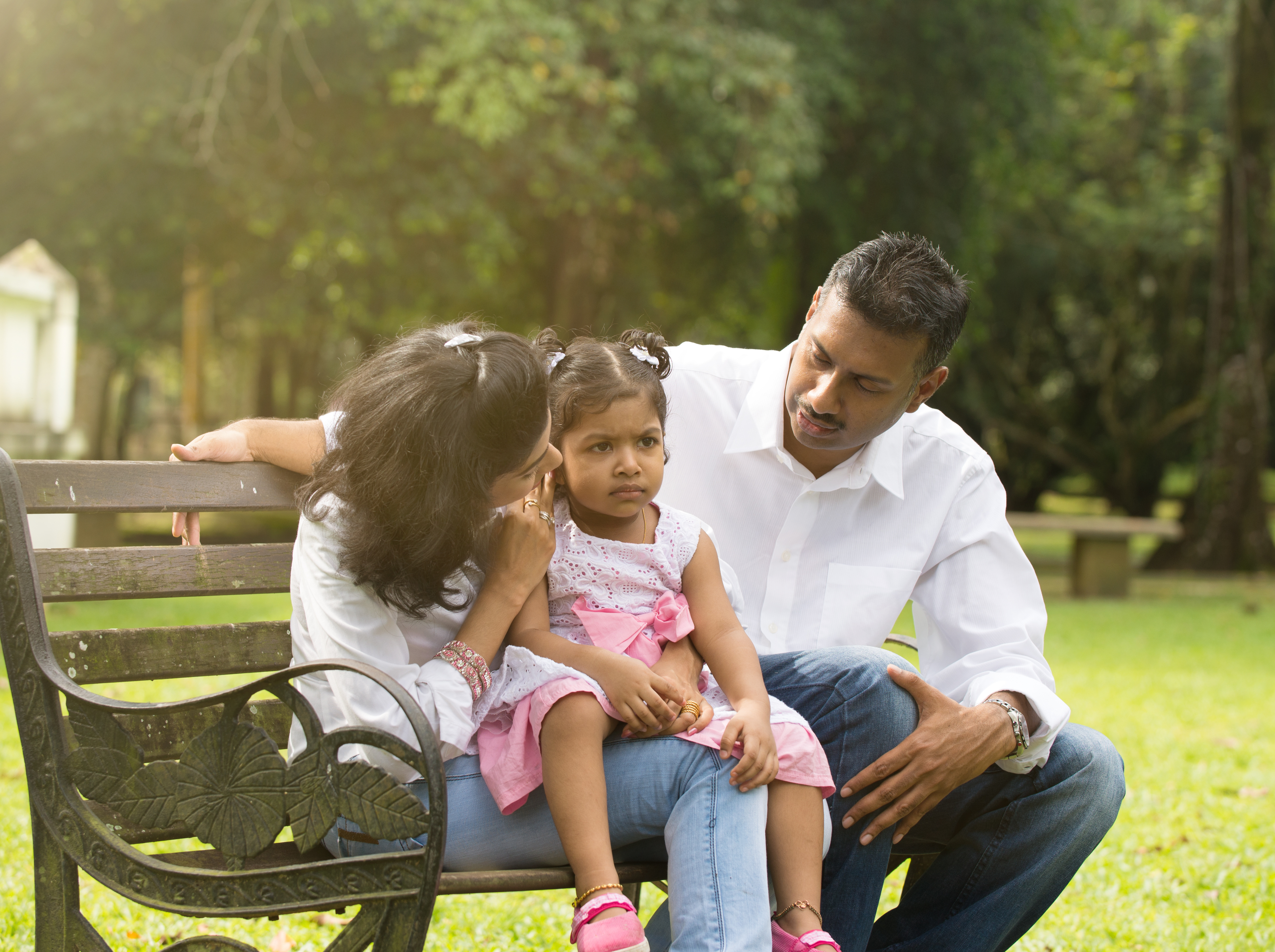
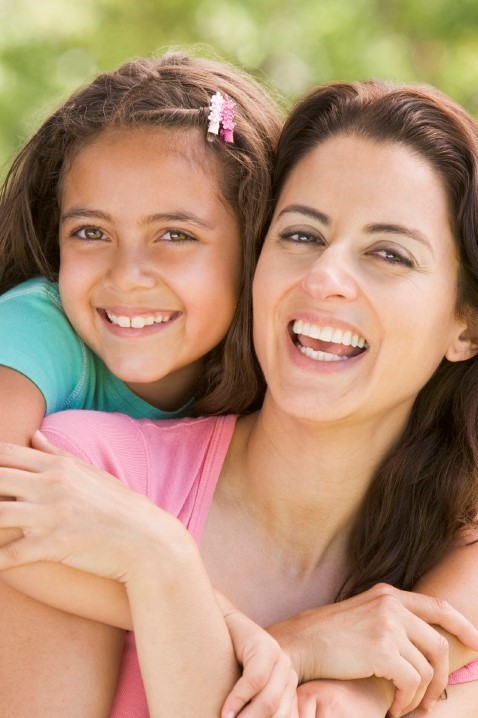

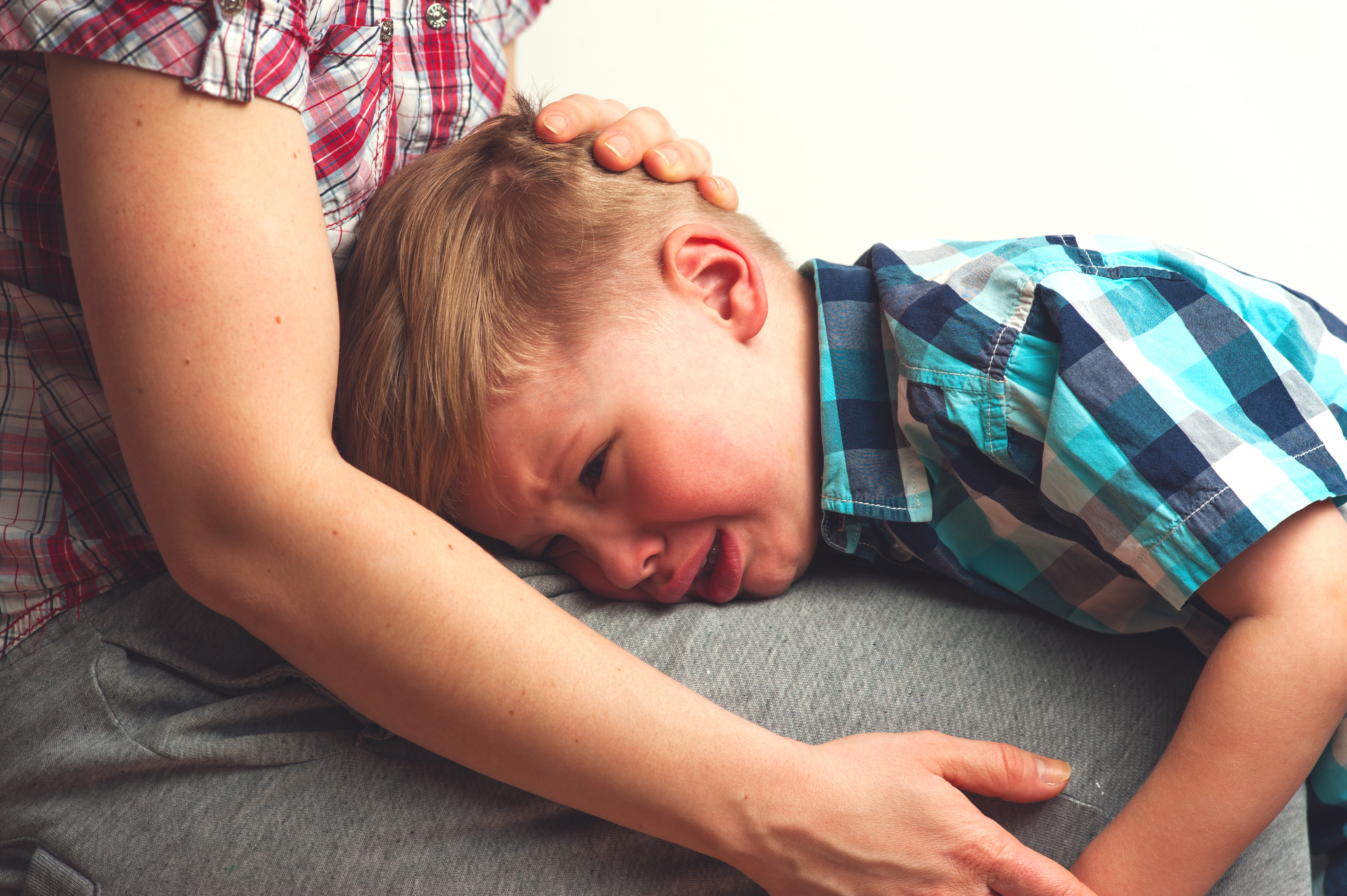
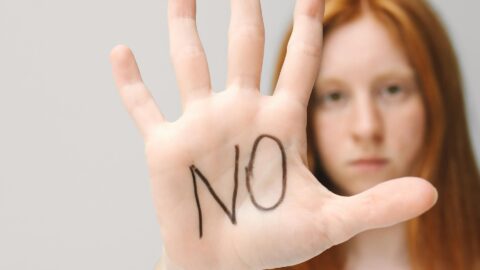

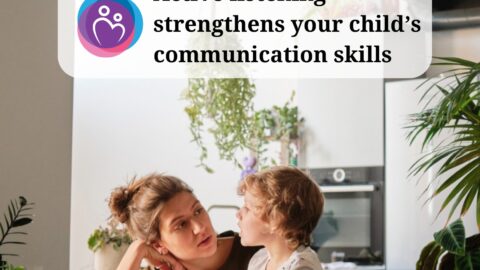
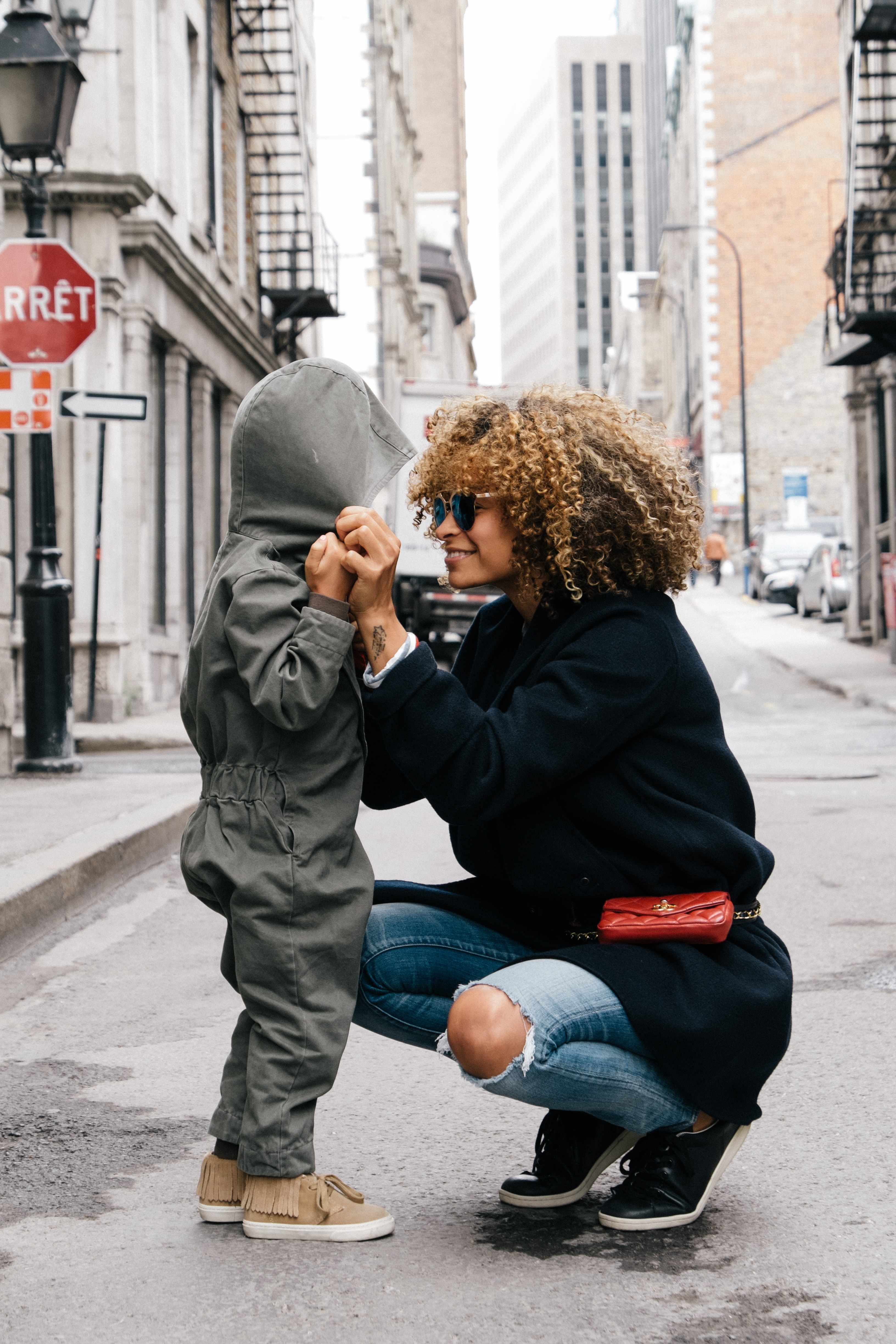
As a clinician I will endorse what I just read here. I appreciate the breadth that this discussion on how shame takes a pervasive but familiar pattern in parenting styles. I look forward to exploring more of Genevieve’s work.
Thank you Rob for your endorsement and yes please do share any of my articles with parents in your practice who might benefit. Genevieve
[…] brave”, “you’re acting like a baby”, “you can’t always get your way”. Children can feel very shamed when they are laughed at, mimicked or mocked. Some parents freeze and lose their voice (if it […]
[…] taken seriously or empathized with in childhood, that person is trained to minimize, invalidate or hide their true feelings in shame. Learning to change these patterns and give to ourselves more compassion than we received as a […]
[…] to truly want and learn from our guidance. When children feel criticized and controlled, it impacts their confidence and dignity, which makes it harder for them to strive to succeed and feel proud of their choices. Imposed […]
[…] of moving away from a culture of shame is correctly naming body parts. Also speaking respectfully and matter-of-factly about the dos and […]
[…] at peace and comfortable in themselves. At the core of peaceful parenting is the commitment to avoid shaming our children and to restore their dignity if shaming […]
[…] in childhood to fear limits and having boundaries asserted. When boundaries were asserted with shaming and punishing it sadly makes any issues around boundaries as adults potentially very emotionally […]
[…] causes them to feel that their emotions and hence they, are wrong. Which is both unsatisfying, potentially shaming and often upsetting. Or to dramatise their feelings because they’ve learned that they should have […]